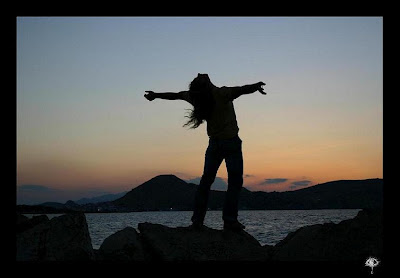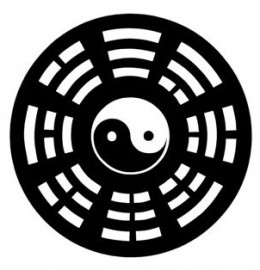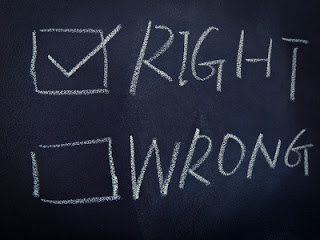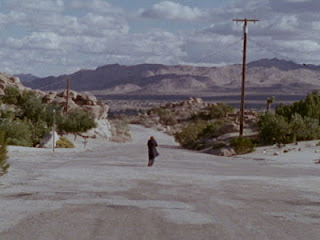I crave for the freedom of thoughts.
The freedom to not succumb to an ideology in vogue,
but to understand its essence.
The freedom to not take sides of a well crafted argument,
but to appreciate its intricacies.
The freedom to not applaud the words of the powerful,
but to assimilate the power of words.
The freedom to not borrow agreed perceptions of the best,
but to explore and frame opinions.
The freedom to not defend all criticism that is hurled,
but to accept and introspect.
The freedom to not disrupt and wobble,
but to dissent and rebel.
I crave for the freedom of thoughts.



